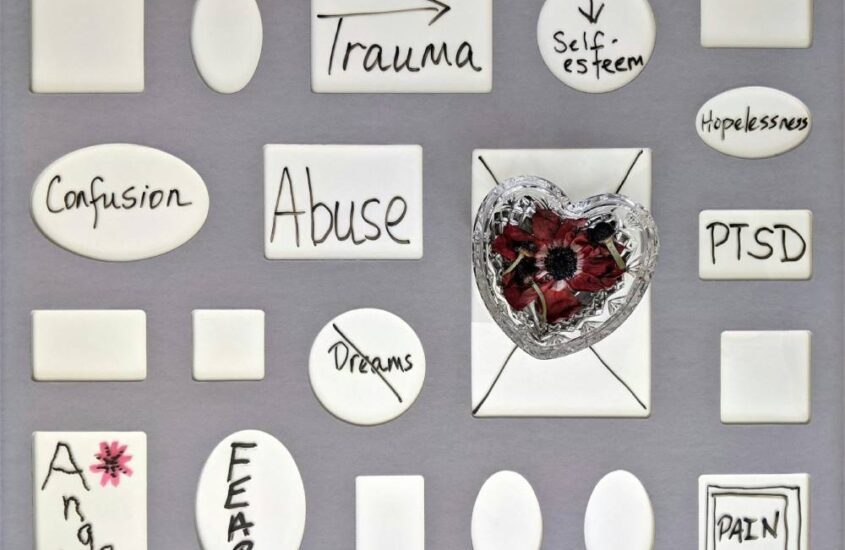What is Birth Trauma?

Almost from the very start, we must fight to survive in this world. Birth, while natural, is by no means an easy process — it can be traumatic for both mother and child. Especially for first-time mothers, the whole experience can be terrifying and exhausting. At times, it may feel like a rollercoaster ride with no clear end in sight. All too often, expectant mothers are robbed of their voices by the bureaucracy of hospitals and the medical industry.
And, from the child’s perspective, it’s not much better; birth is a shock to the system that can place profound psychological and physiological stress on the mother, child, or both. In today’s article, we’ll delve into the nature of birth trauma and how to recognize it.
What Causes Birth Trauma?
Physical Injuries
All trauma is fundamentally a wound; that injury can be physical or psychological in nature, and it can be temporary or long-lasting. Accordingly, birth trauma can be caused by the physical hardship of labor or by the emotional distress that comes with it. Childbirth rarely goes according to plan, and mothers often feel pressured to go along with their doctor’s recommendations without any say. C-sections may be common, but they are a major surgical procedure and require significant recovery time. Many women experience perineal tearing during childbirth; there’s also a risk of nerve damage.
Some signs of physical trauma during birth include:
- Lingering pain & discomfort.
- Issues with mobility & function.
- Complications with healing.
- Loss of bladder control.
- Increased fatigue or insomnia.
- Weakness in pelvic muscles.
Emotional Injuries
Any sufficiently frightening or dangerous experience can trigger an intense emotional reaction. This is especially true when dealing with hospitalization and surgery. In addition, the impact of childbirth on our body can potentially be very long-lasting. During childbirth, we’re subjected to invasive medical procedures, often with limited agency. Any time we feel sufficiently frightened or powerless, it can lead to emotional trauma — and what is traumatic for one person may not be for another. There is no shame in struggling with the fallout of something as intense as childbirth.
Common signs associated with the emotional aspect of birth trauma include:
- Anxiety & panic attacks.
- Flashbacks / intrusive thoughts.
- Feelings of sadness and depression.
- The desire for social isolation.
- Feelings of guilt and shame.
- Hypervigilance.
- Irritability.
- Lack of focus.
Understanding Birth Trauma
In order to understand how your childbirth experience may have impacted you, it’s important to spend time with those thoughts without avoiding them. You may feel guilty or ashamed that you aren’t the glowing portrait of happiness that’s expected of new mothers — but your feelings are valid.
Some questions to consider:
- Did I feel powerless during childbirth?
- Am I uncomfortable or sad when looking back at it?
- Does my child’s birth make me feel anxious or angry?
- Have I experienced intrusive thoughts related to childbirth?
- Do I feel a sense of detachment from my baby & loved ones?
- Has the way I feel about medical settings changed?
We think of emotional trauma as something we can power through, but the reality is that all trauma can express itself in physiological symptoms. If you have been experiencing chronic headaches, stomachaches, or nausea since childbirth, it’s possible those symptoms may be related to birth trauma.
Lasting Psychological Impact
Many women experience postpartum depression, anxiety, and symptoms of PTSD after childbirth and can experience guilt and shame related to those feelings for a lifetime afterward. While healing is possible, it can be a complex and winding process.
Schedule Counseling
If you suspect that you or someone you love is dealing with the effects of birth trauma, consider scheduling a free consultation. Birth trauma can be difficult to contend with on your own — and it feels at times like these wounds will never heal, but recovery is possible with the right intervention. Reach out today so we can make a plan to help this trauma to rest.




